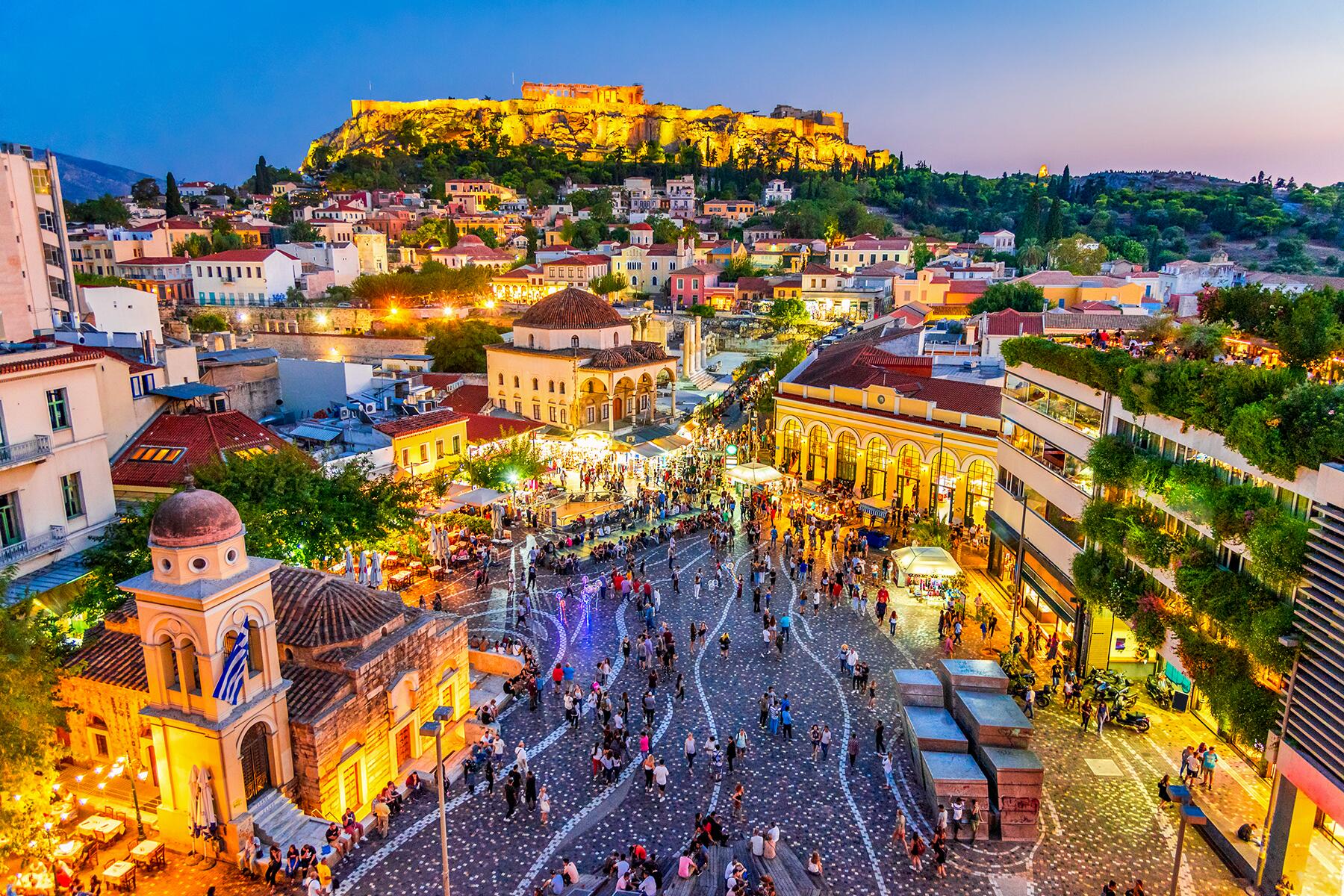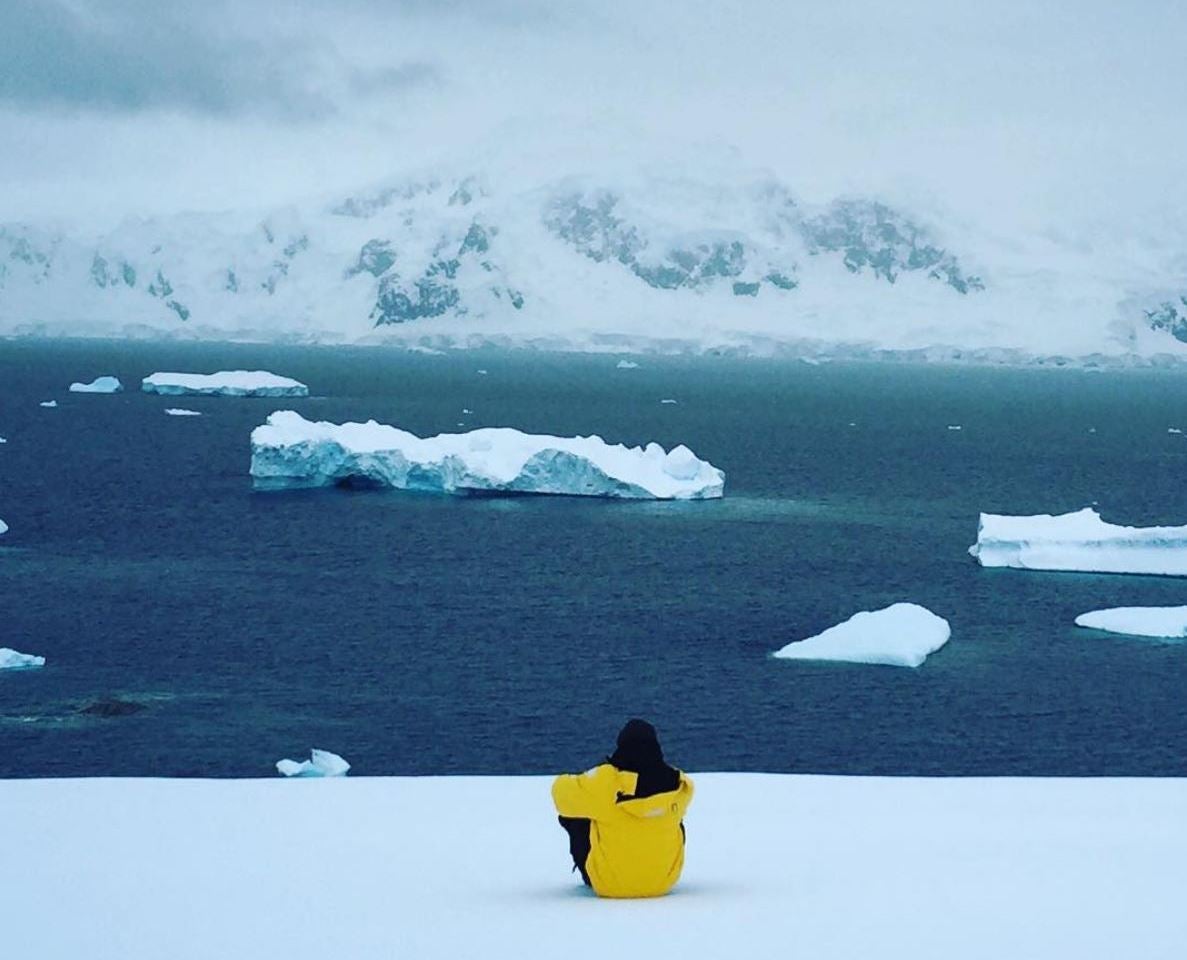- She Who Soars: A Newsletter
- Posts
- What the collapse of Airbnb means for Black travelers
What the collapse of Airbnb means for Black travelers


My Airbnb from a birthday trip to Puébla, México in 2021.
The year was 2012. Summer in Atlanta was making its gradual disappearance, fading into longer, cooler, autumnal days. And I was preparing for my first solo international trip: to Spain. I’d heard about VaughanTown from a friend in Atlanta and thought it was my sure sign to take a leap to do something travel-related that surely scared me.
Years prior in college as a Spanish minor, I had the opportunity to travel abroad for a semester. I opted out of study abroad when I realized it would’ve delayed my hopes of on-time graduation. My hunger and desire to see Spain with my own eyes—to practice using oft-ignored vosotros in the language I had been learning since middle school—persisted and only grew.
Using the extra money from a grad student loan refund check, I booked my flight and started to plan where I would say. I considered a hotel because up until that point, that’s the only type of accommodation I thought I could get as a newbie traveler. Some travel friends told me about this cool new platform where you could pay to rent a room out of someone’s house in an international locale.
Those who were renting the room to you were called hosts: somewhat of a mix between cross-cultural interactions and a travel guide to give you tips about where you were visiting. Though the idea of staying in someone else’s house with a stranger sounded weird, I liked the idea of having locals show me their cities in a different way than researching places online. In the end, I chose a colorful studio in Madrid’s Malasaña barrio. The site I booked my stay on? What we all know now as Airbnb.
Brian Chesky, Nathan Blecharczyk, and Joe Gebbia founded Aibrnb in August 2008. At the time, affording rent in San Francisco prompted them to create this company—they hoped to rent out space in their apartment for folk who were in town for conferences and needed something more budget friendly than a hotel. Of course, it grew beyond their original imaginations.
Earlier this year, I shared about Black women helming tourist homes that were advertised in every edition of Victor Hugo’s Green Book. They are an early example of the model that Airbnb presents—being hosted and feeling a little less like a stranger in a place that is not a traveler’s home—but certainly not the only type of accommodation like that.
Places like bed and breakfasts and small boutique hotels with no more than 10 or so rooms replicate the small, more personal touches. Those touches can often make the difference between a traveler feeling welcomed in a new-to-them place while immersing themselves in travel experiences or hating the experience altogether.
Since 2012, I’ve used Airbnb as a tool in my back pocket for helping me find affordable accommodation as I traveled and also helping me to make new friends and connections as I did. That host in Madrid? A queer Madrileño with the funkiest, coolest glasses I met on the street below the flat I had rented. For over a half hour, he rattled off places to go and where to see that I couldn’t miss.
The mini fridge in my studio was stocked with fruit, bottled water, other snacks and of course a bottle of Spanish red wine. But there are other amazing experiences I’ve had on Airbnb through the years. The time I rented a place in Oaxaca City for a week in the Summer of 2017 following a painful breakup and my computer crashing. My host and his partner cooked a lovely dinner for me my first evening and shared tidbits about their life in Oaxaca.
But I’ve also had terrible experiences on that app. Racist experiences. Unsafe experiences with creepy male hosts. Apartments or rooms that weren’t even properly cleaned before I checked in. The vast majority of those terrible experiences were in the last five years, when Airbnb became synonymous with gentrifying cities around the world and displacing residents who could no longer afford to live in the places they call home. For money hungry folks with deep pockets, they looked to the platform as an easy way to make cash and the personal touch feels more clinical with management companies treating guests like nuisances and another peg on a money sheet. As more and more cities make Airbnb illegal and create other legislation to significantly limit where and how Airbnb is allowed to operate, I wonder what that means for us as Black travelers.
Those of us who might rely on the platform for accommodation that fits our budgets when hotels don’t. Or will let us pay the cost for our stay upfront with a debit card or our PayPal account if we don’t have a credit card or reserves on a credit card we do have for hundreds of extra dollars for incidentals.
Accommodation where the most interaction that we have with where we are staying is exchanging a few messages online and not having to ponder if we’ll be treated funny by the front desk at our hotel reception or housekeeping as we come to and from where we’re staying. I wonder if there is an alternative for those of us who are most marginalized and are fitting in travel within budgets that aren’t endless and instead are finite.
There are hostels of course. But if sleeping in a dorm room on a bunk surrounded by people you don’t know in the age of COVID gives you the ick, you’re not alone. I recently had to retire relying on hostels as a last resort because I’m aging and some things that I formerly settled for no longer work for me. This also means that when I travel I’m at a loss for where to turn. My instinctual mind that usually relies on Airbnb has been turned off.
I wonder if other Black travelers feel the same and where we can look towards in the future as we travel. Maybe the solution is only frequenting Black-owned Airbnbs or Black-owned hotels. Maybe we approach travel more communally and plan to travel around where we already know people to stay with them and reconnect while seeing a place we haven’t been to before. Or maybe that means we stay home more and opt to travel less if the budget isn’t right.
One thing I know for sure: my age of allegiance to Airbnb and cheerleading the platform is over.

A quick note from Nneka: We took a pause last week for the holiday. In the future, expect no newsletter if Wednesday (newsletter day!) falls before a holiday. Next week will start a month-long “Travel For” series on deep, personal reasons for travel to wrap-up the year. Expect personal essays on different reasons I’ve traveled and photography to document those moments. Thanks for being here and reading. Feel free to email in response to this email—I read all responses and try to respond!
:max_bytes(150000):strip_icc()/TAL-international-african-american-museum-interior-BLKCHRLSTNSC0823-7b11d7799ec047d09cb433a17b17445b.jpg)


Reply